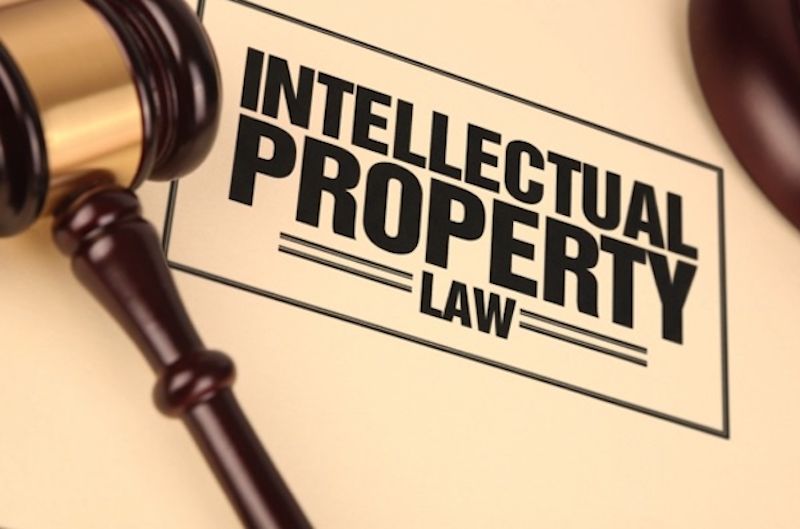Defending a patent or registering a trademark are highly arcane tasks which require a level of patience other areas of the law might not. In many instances, developing support of intellectual property can be challenging and require a high-quality attorney to help aid the process. When doing so, it is important to find a lawyer who specializes in intellectual property cases.

It will also be beneficial to hire an attorney with an expertise in a specific type of intellectual property matter. Choose an attorney with experience and time to dedicate to your case for the best outcome, as well as a lawyer who is committed to their clients. There are numerous advantages why one should hire an attorney. It is important that attorneys follow through with their work. Using legal aid for assistance is a great idea when involving intellectual properties.
The first step towards understanding intellectual property law is to learn how it is categorized and how those categories might apply to a business or even a personal portfolio of works.
1. Industrial Property
A manufacturing company is one of the types of businesses most likely to produce a broad collection of works that might qualify as eligible for protection. Certain kinds of industrial designs like automobile chassis or even cookie recipes receive formidable protection both as trade secrets and possibly as patented inventions.
Some companies can even develop service marks or geographical characteristics that can serve as a means of identifying the enterprise and their products. There are sounds and musical jingles that are included in industrial property collections. All of these works can be protected at both the federal and state level depending on their specific applications.
2. Patents
Simply put, a patent can be awarded for a novel invention, formula or process. It gives the inventor the exclusive right to exploit the invention for a standard term of approximately 20 years. The rights are awarded by the United States Patent and Trademark Office in order to ensure they qualify for protection. Some inventions, though useful and innovative, are not eligible for protection under the law, but may be protected by other categories of intellectual property law.
In order to obtain a patent, a working prototype, the plans for the patented work including blueprints, recipes, descriptions of how the work was invented or can be independently produced and other application materials must be presented to the United States Patent and Trademark Office. Unlike some other kinds of IP, these rights can take many months to obtain.
3. Trademarks
Any word, design, phrase or logo that tends to identify a company uniquely in the marketplace is something that might be eligible for protection. Unlike patents, trademarks can be established by operation of common law through the use of the “TM” designation. Many such marks are born in the marketplace and only later become fully protected through the process of registration, which allows the use of the “circle R” or ® character. Such a fully protected mark is referred to as “registered” which indicates it has been filed with the federal government and is fully protected against infringement throughout the nation.
4. Defending Patents
If a patent is challenged, it must be defended in order to preserve the protections granted to the inventor. This is usually done in a format similar to a court trial before a U.S. Patent Examiner or the U.S. Patent and Trademark Office. Patents can be challenged on a number of grounds including lack of novelty, a prior example of the same process or mechanism, or infringement of an existing patent or portion thereof.
Defending a patent is considerably more difficult than the simple act of registration. There are law firms and lawyers whose entire careers consist of these kinds of cases, mainly because filing, prosecuting and defending patents are subjects that leave little room for other kinds of legal work.
5. Build Licensing Agreement
When the owner of a protected work grants permission to another individual or company to exploit that work commercially, it is generally known as a “licensing agreement.” Such agreements can range from the relatively simple to the precise, specific and voluminous, with every kind of agreement in between. Most such agreements exist for a limited term and in limited territories.
Attorneys who Build Licensing Agreements are quite common and such agreements are a tremendous source of revenue for companies that own valuable portfolios of intellectual property rights. Aerospace, pharmaceutical, broadcast, film production and publishing companies often make a considerable portion of their revenue from licensing their works to other companies, often in other countries.
In order to understand your intellectual property rights, it is always a good idea to consult with a law firm or attorney who specializes in intellectual property protection and defending your rights in the marketplace. You may find your inventions are more valuable than you first believed. If you need legal assistance you can also find additional legal aid here and you can search for a lawyer here.
